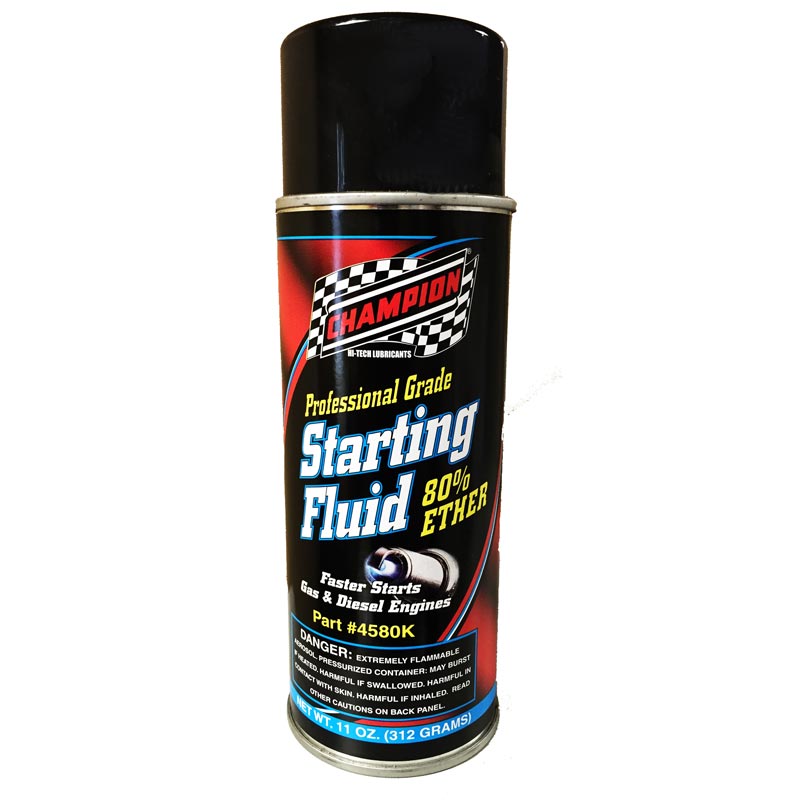
Use starter fuel on carbureted gas engines only.Spray starter fluid for no more than 2–3 seconds to prevent engine damage.Use starter fluid only when absolutely necessary-a machine that won’t start without starter fluid needs repair.Correct use of starter fluid won’t harm your snowblower’s engine.If you spray too much starter fluid, you risk stripping oil from the cylinder wall, resulting in engine damage. Second, spray starter fluid into your snowblower’s air intake for no more than 2–3 seconds. If you have to use starter fluid each time you start your machine, this is a sign of a problem that should be corrected by a mechanic. To prevent damage to your engine, first, use starter fluid only when you have to. When used correctly, starting fluid won’t damage your snowblower’s engine. Does Starting Fluid Damage Your Snowblower Engine? If your snowblower doesn’t start after being filled with new fuel, it’s time to give starter fluid a try. If your snowblower has an electric start option, use this instead of the pull start. If this method doesn’t work, try using starter fluid.Use the electric starter if your model has one. Fill your snow blower with a new tank of gas.Before you use starter fluid, drain any old fuel from your snow blower.If gasoline from the previous year is still in the fuel tank, drain it out and refill the snowblower with non-ethanol fuel. If your unit won’t start, first make sure it is fueled with clean, new gasoline. Starter fluid should not be your first solution when attempting to start a stubborn snowblower.

When Should You Use Starter Fluid for a Snowblower?

When Should You Use Starter Fluid for a Snowblower?.


 0 kommentar(er)
0 kommentar(er)
